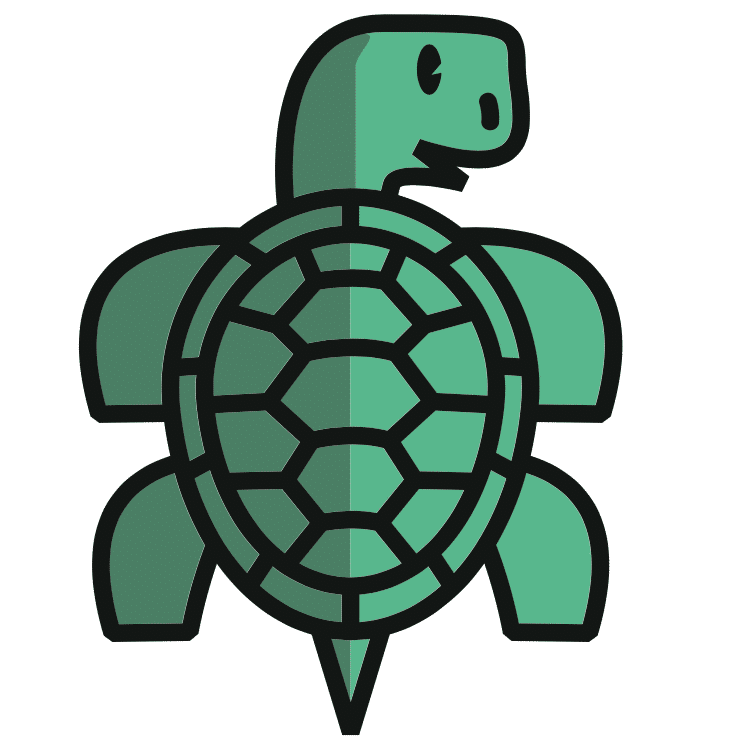Online course creation with the Sprint Lab
Together with our clients Free Press Unlimited and Greenhost, we were interested in trying out how our method could be applied to produce an online course. The topic of the course? How to bypass internet censorship in Iran. The online course is now available in English and Persian on Totem. Totem is an online platform that helps journalists and activists use digital security and privacy tools and tactics more effectively in their work.
Free Press Unlimited is an NGO focused on access and freedom of information for every society all over the world, and Greenhost is an online hosting provider offering resilient websites for NGOs with a focus on human rights. Both organisations manage the Totem project, and got together to produce an online course with one of our facilitators and one instructional design expert. In our initiative Sprint Lab we bring the experience of over ten years of Book Sprint facilitation to design new methods for sprinting on various formats and content types of collaborative knowledge production.

Totem project logo
Using the power of collaboration, and the urgency of the Sprint format, and applying those to develop an online course, seemed a good fit. However, an online course is not a book. We spent a lot of time in the beginning to define the user personas, which helped us later on to make sure the content is focused and adequate for the skills of the users. We then defined learning goals, and went on to create the content, as well as quizzes and test experiments.
One of the methods we used was a test run of the online course with volunteer users and received their feedback during the five-day Sprint. The user feedback helped the authors to improve the flow and address missing content or instructions before finalising the course. The often complex technical content was made more accessible to non-technical users through the illustrations and animations of the Totem designer.
We are glad to have had this opportunity to expand the range of formats we can work on in a very practical way, and to realise how resourceful the Book Sprints method is when it comes to collaboratively combining knowledge.
